In 2020, 91,799 people in the U.S. lost their lives after overdosing on drugs. In 2017, there were 967,615 non-deadly drug overdoses treated in Emergency Departments across the nation.
Many of these tragedies could have been prevented. But when it comes to overdoses a lot of people just don’t have the right information.
Get the facts about drug overdoses, as we debunk a few popular MYTHS below.
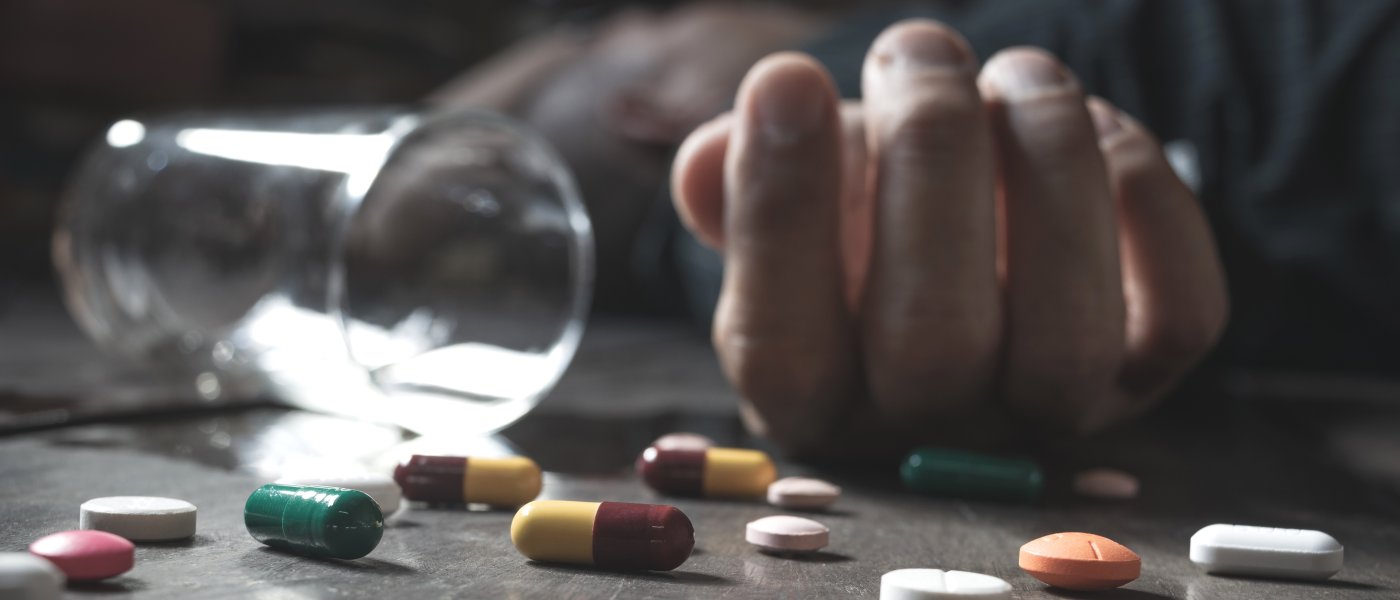
MYTH 1: A person can’t overdose the first time taking a drug.
Fact: Drug overdose happens whenever a person takes too much of a drug. So it can definitely occur after the first use, depending on how much they take.
What it takes for an overdose to happen can be different for each person.
True Story: Jordan Cole Lunsford Dies After taking Heroin Once
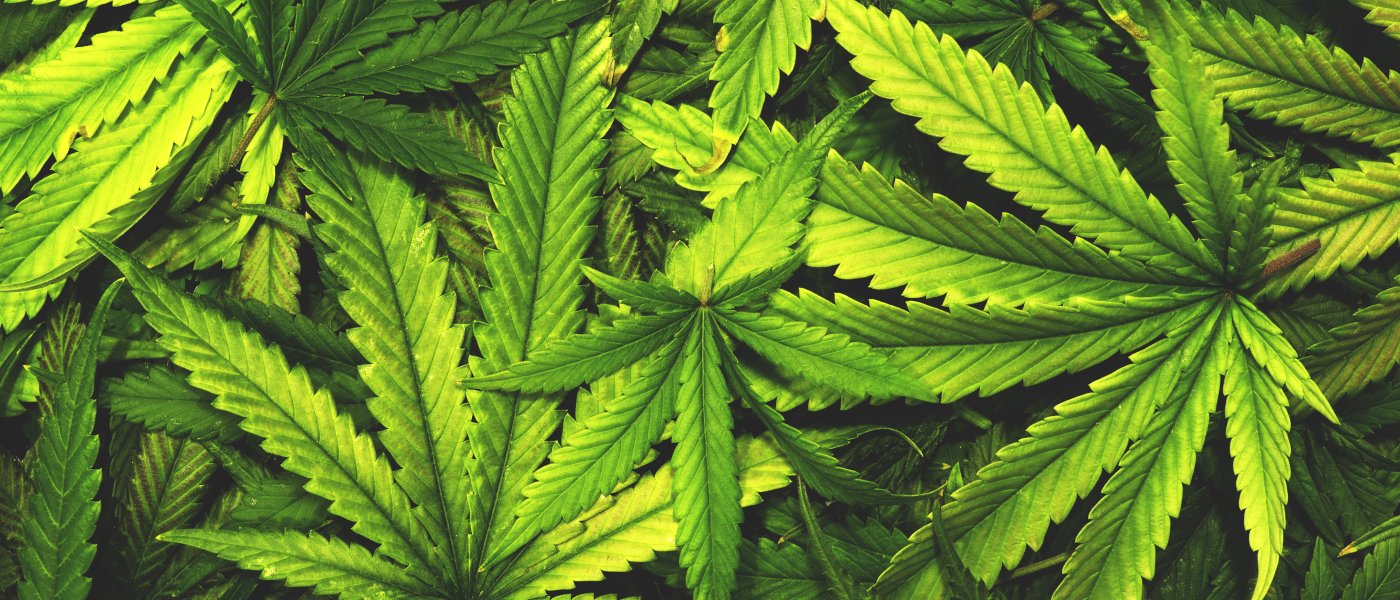
MYTH 2: A person can’t overdose on marijuana.
Fact: Though fatal overdose from only marijuana is not likely, it is still possible to take too much of the drug. This is especially the case with marijuana edibles since it's difficult for the user to tell how much THC they are ingesting.
From the Centers for Disease Control and Prevention:
"The signs of using too much marijuana include:
Extreme confusion, anxiety, paranoia, panic, fast heart rate, delusions or hallucinations, increased blood pressure, and severe nausea or vomiting. In some cases, these reactions can lead to unintentional injury such as a motor vehicle crash, fall, or poisoning."

MYTH 3: If I’m with my friend when they overdose, I’ll definitely get arrested if the cops come.
Fact: Not necessarily. Many states have a "Good Samaritan" law, which provides limited immunity from arrest or prosecution for minor drug law violations for people who get help at the scene of an overdose.
Good Samaritan laws do not protect people from arrest for other offenses, such as selling or trafficking drugs. But they do protect the caller and overdose victim from arrest and/or prosecution for simple possession, possession of paraphernalia, and/or being under the influence.
Find out if your state has a “Good Samaritan” law.

MYTH 4: If you’ve been using drugs for a long time, it's impossible for you to overdose.
Fact: Overdose can occur anytime a person takes too much of a drug. “Too much” varies from person to person.
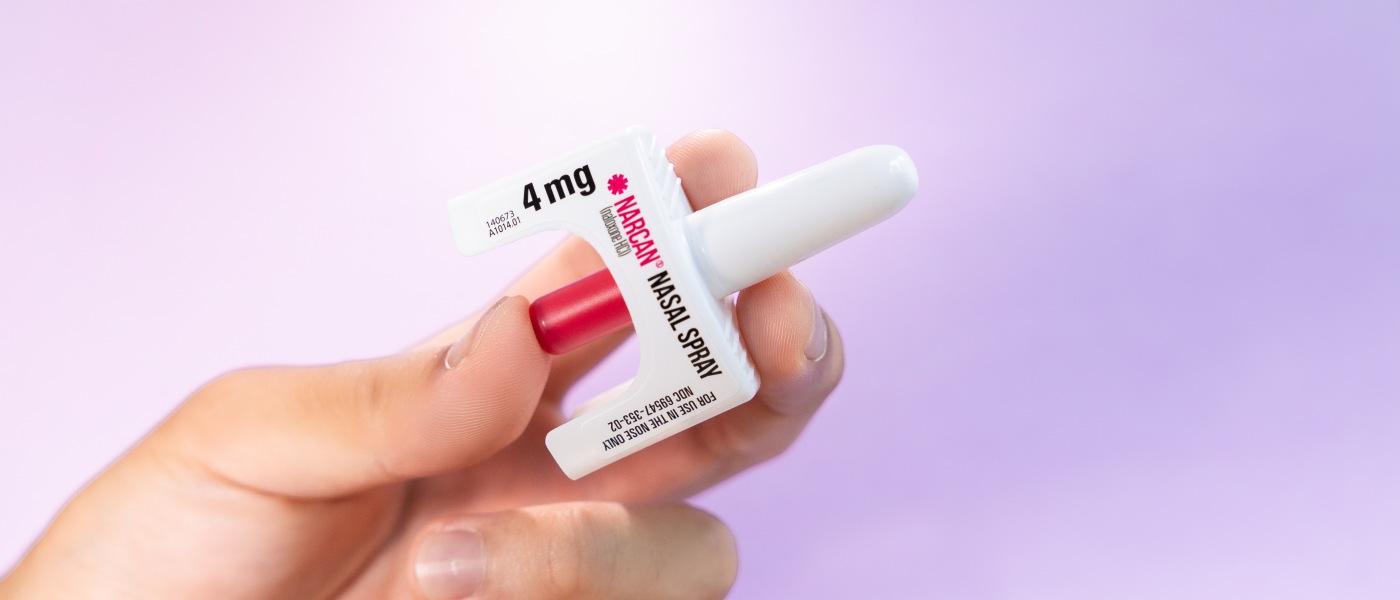
MYTH 5: Naloxone is used to reverse all drug overdoses.
Fact: Naloxone is a medication specifically prescribed to reverse opioid drug overdoses.
Watch: What's Naloxone?

MYTH 6: If someone around you is overdosing, give them a cold bath or shower.
Fact: It's not a good idea to give a person overdosing on drugs a cold bath or shower. When you change a person’s body temperature too quickly it may put them into shock and cause their body to shut down.
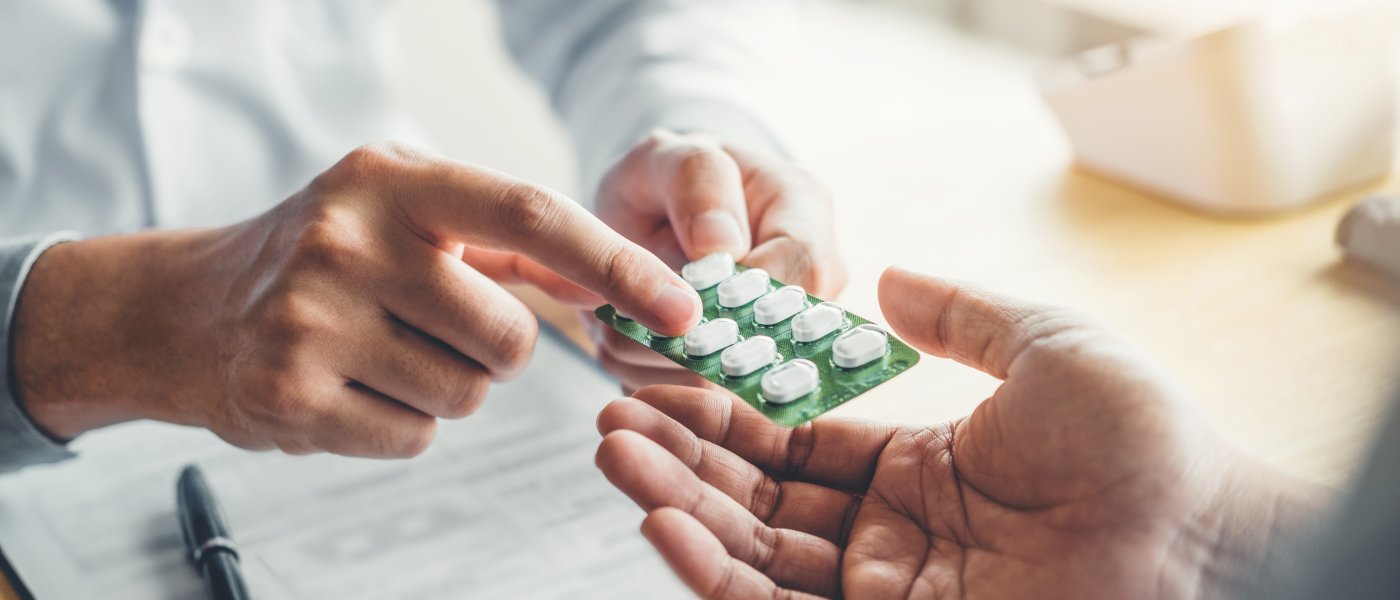
MYTH 7: A person can’t overdose on medication prescribed to them.
Fact: If a person takes larger doses than the doctor prescribed, there is a risk they can overdose. Opioid medication is powerful, and can be harmful or even deadly if used incorrectly.
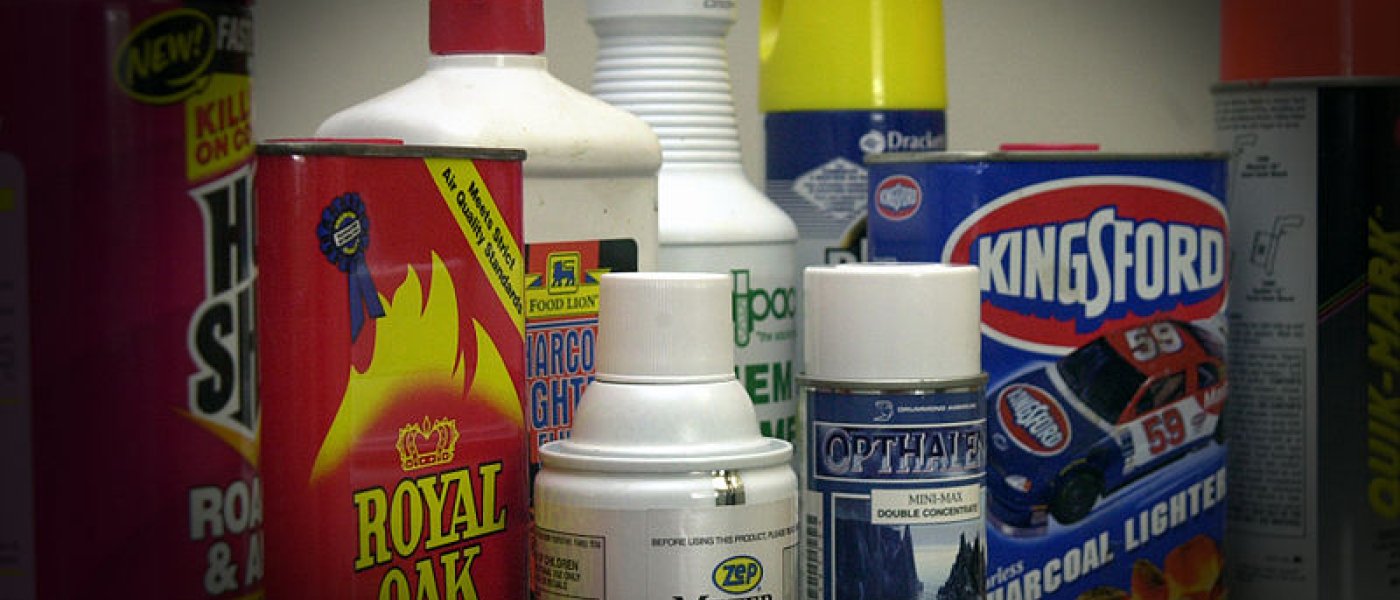
MYTH 8: A person can’t overdose on inhalants.
Fact: Just like with other drugs, you can overdose on inhalants, even after using them once.
According to the National Institute on Drug Abuse, here’s how:
- sudden sniffing death—heart beats quickly and irregularly, and then suddenly stops (cardiac arrest)
- asphyxiation—toxic fumes replace oxygen in the lungs so that a person stops breathing
- suffocation—air is blocked from entering the lungs when inhaling fumes from a plastic bag placed over the head
- convulsions or seizures—abnormal electrical discharges in the brain
- coma—the brain shuts down all but the most vital functions
- choking—inhaling vomit after inhalant use
- injuries—accidents, including driving, while intoxicated

REMEMBER: If you suspect someone is overdosing seek medical attention immediately. You could save their life.
Learn what to do if you're around someone overdosing on drugs.


